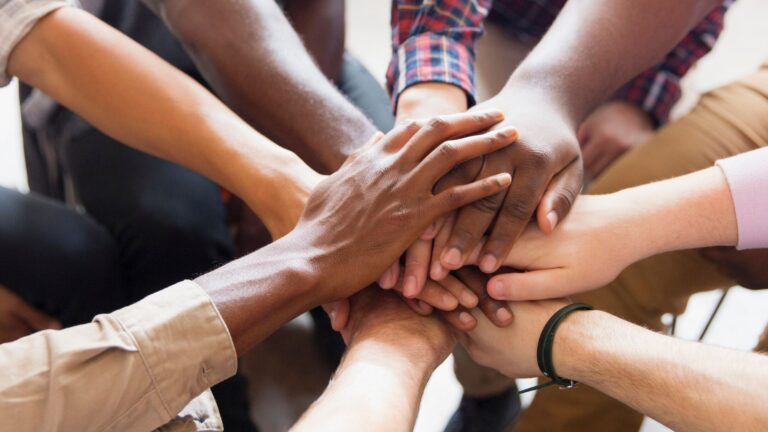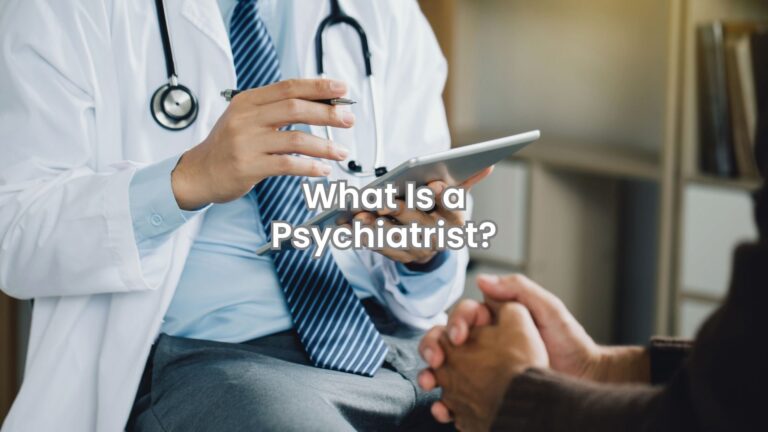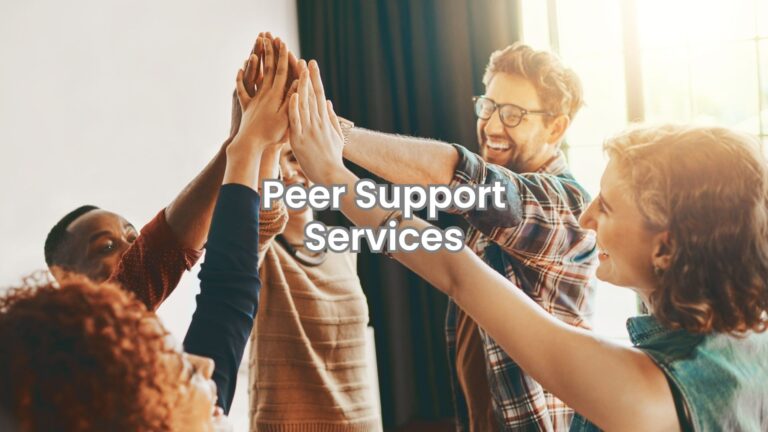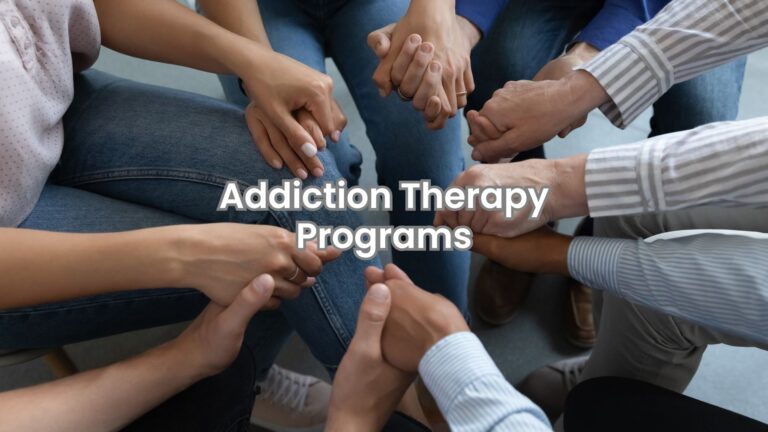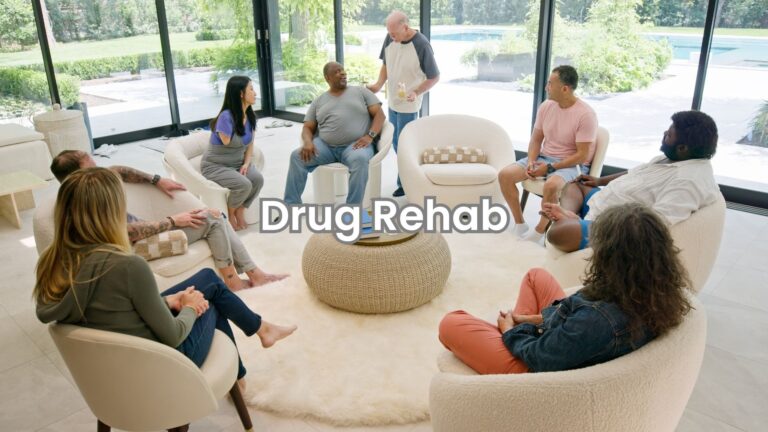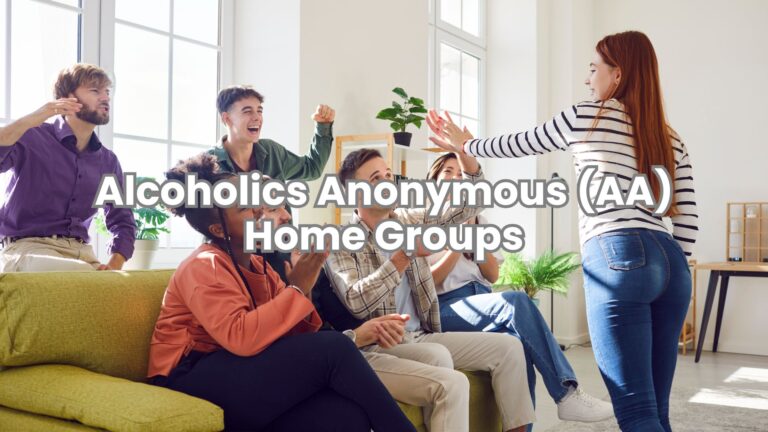Domestic violence support is more than a safety plan, it’s a pathway to healing that addresses the emotional and psychological wounds left behind. Survivors often struggle with issues like anxiety, depression, post-traumatic stress disorder (PTSD), and substance use, not because they are weak, but because the trauma runs deep.
The impact of domestic violence doesn’t end when the situation does. It affects how you trust, how you relate to others, and how you see yourself. Recovery means more than surviving. It means learning how to feel safe again, rebuild confidence, and live without fear.
If you’re in Columbus and looking for real support, Ridgeline Recovery offers trauma-informed mental health and addiction treatment designed to help survivors move forward, one step at a time.
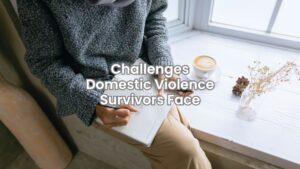
What Domestic Violence Survivors May Face After Leaving
Leaving an abusive situation is a major and courageous step, but it’s often just the beginning of the healing process. Survivors may face a range of mental and behavioral health challenges, including:
- Anxiety and panic attacks
- Flashbacks or nightmares (PTSD symptoms)
- Depression or suicidal thoughts
- Difficulty trusting others or forming relationships
- Substance use as a coping mechanism
- Feelings of guilt, shame, or worthlessness
These symptoms aren’t weaknesses. They’re signs that your mind and body are trying to make sense of something deeply traumatic. With the right support, you can recover and regain control over your life.
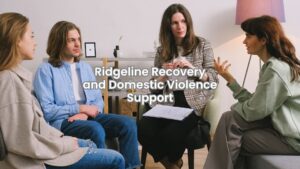
How Ridgeline Recovery Supports Survivors of Domestic Violence
At Ridgeline Recovery, we create a safe, non-judgmental space for survivors to begin healing. Our treatment model is built around the understanding that trauma impacts both mental health and behavior, and recovery requires addressing both.
Here’s how we help:
1. Trauma-Informed Mental Health Therapy
Every client’s story is different. That’s why our licensed therapists provide one-on-one counseling that focuses on your personal experience, using trauma-informed approaches like:
- Cognitive Behavioral Therapy (CBT) to reframe negative thoughts
- Eye Movement Desensitization and Reprocessing (EMDR) for trauma processing
- Dialectical Behavior Therapy (DBT) for emotional regulation and mindfulness
- Safety Planning and Boundaries to protect against future harm
Therapists meet you where you are, whether you’re still processing the relationship, rebuilding self-esteem, or managing day-to-day symptoms of anxiety or PTSD.
2. Group Therapy and Peer Support
Isolation is common after domestic violence. Many survivors have been cut off from friends, family, or support networks. That’s where group counseling becomes powerful.
Our small, clinician-led groups help survivors:
- Connect with others who understand what you’ve been through
- Practice communication and boundary-setting
- Gain insight and support in a judgment-free zone
- Build confidence and trust at a pace that feels right
Peer support doesn’t just reduce isolation, it helps re-establish the social bonds that trauma often breaks.
3. Addiction Recovery for Trauma Survivors
Some survivors turn to substances as a way to numb pain, manage fear, or forget. It’s a common response to trauma, but it often leads to more challenges down the road.
Ridgeline offers dual-diagnosis care, meaning we treat both substance use disorders and mental health conditions together. This is especially important for domestic violence survivors who need support for both:
- Individual and group addiction counseling
- Relapse prevention focused on trauma triggers
- Supportive, stigma-free environment
- Medication-assisted treatment when needed
We’re here to help you heal, not judge you for how you’ve coped.
4. Flexible Levels of Care to Meet You Where You Are
Every survivor’s situation is different. That’s why Ridgeline offers a range of flexible treatment options depending on your needs, including:
- Partial Hospitalization Program (PHP): Structured daily support with clinical therapy
- Intensive Outpatient Program (IOP): Several hours per week of group and individual care
- Outpatient and Aftercare Services: Ongoing support as you transition back to independent living
Whether you need daily structure or just consistent support while you rebuild, we’ll help you find the right fit.
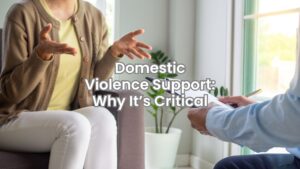
Why Domestic Violence Support Matters
The aftereffects of abuse and violence don’t go away overnight. As The National Domestic Violence Hotline points out, “Healing from abuse takes time. Each person’s journey is different, and there’s no timeline for recovery.” Recovery isn’t just about escaping a harmful situation, it’s about rebuilding your internal world and reclaiming your voice.
Domestic violence support matters because trauma thrives in silence, and healing begins when someone finally says, “You don’t have to go through this alone.” Ridgeline Recovery is here to be part of that healing.
We understand the layered pain that domestic violence can leave behind. That’s why we focus on helping individuals navigate the emotional aftermath with compassion, evidence-based therapies, and peer connection.
You Deserve to Heal
If you’ve survived domestic violence and are struggling with your mental health, substance use, or simply figuring out what comes next, you’re not alone.
Ridgeline Recovery in Columbus offers real, trauma-informed care from people who understand what healing looks like. We’re not here to tell you what to do. We’re here to walk with you while you rebuild.
👉 Ready to take the next step?
Visit Ridgeline Recovery in Columbus or Contact Us to learn more about our domestic violence support services and how we can help you move forward with strength, safety, and support.


